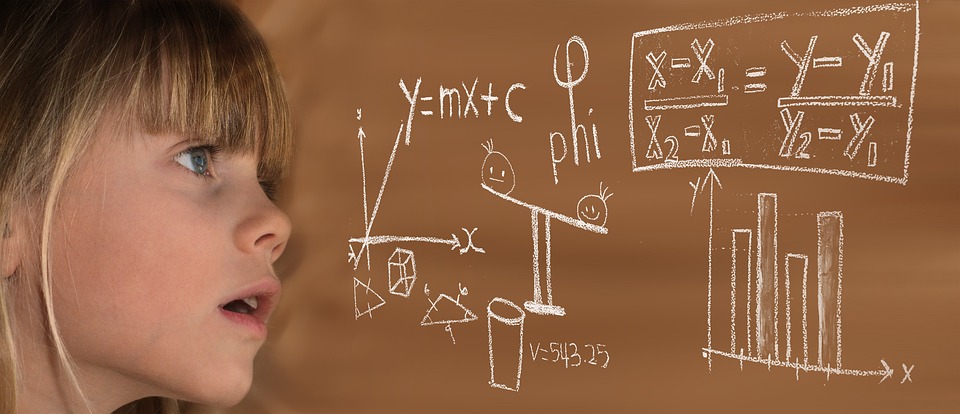The Power of Numbers: How Mathematical Solutions Change Our World
Mathematics, often regarded as the language of the universe, serves as a cornerstone for understanding and navigating our world. Its power manifests in diverse fields, from economics to engineering, and even in our daily lives. This article explores how mathematical solutions are not merely theoretical constructs but practical tools that drive innovation, improve efficiency, and shape the future.
The Foundation of Innovation
One of the most significant contributions of mathematics is its role in driving innovation. Mathematical theories and models underpin everything from the design of skyscrapers to the development of algorithms in machine learning. For example, consider the way calculus is used in architecture. Architects apply principles of differential equations to ensure structural integrity while optimizing space and aesthetics.
In the tech industry, algorithms rooted in complex mathematical concepts enable everything from search engines to social media platforms. Google’s PageRank algorithm, for instance, is based on linear algebra and graph theory, allowing the search engine to rank web pages effectively.
Math in Everyday Life
Beyond academia and industry, mathematics plays a crucial role in our everyday experiences. Simple mathematical principles govern the budgeting of household expenses and the planning of daily activities. Understanding ratios and percentages helps individuals make informed decisions, whether they’re comparing prices while shopping or assessing interests on loans.
The rise of personal finance apps and investment platforms demonstrates how mathematics can empower individuals to take control of their finances. These tools utilize mathematical models to present users with insights, projections, and actionable advice, making finance more accessible to the average person.
Data-Driven Decisions
In today’s data-rich environment, the ability to analyze data quantitatively has never been more critical. Organizations leverage statistics and probability theory to make informed decisions. Whether in healthcare, where predictive analytics can forecast disease outbreaks, or in sports, where performance analytics can refine training methods, the power of numbers is evident.
For instance, during the COVID-19 pandemic, mathematical modeling became essential for predicting the spread of the virus and assessing the impact of interventions. Epidemiologists relied on differential equations to estimate infection rates, enabling governments to implement timely measures to safeguard public health.
Addressing Global Challenges
Mathematics also plays a vital role in tackling some of the world’s most pressing issues, such as climate change, poverty, and food security. Mathematical modeling helps forecast climate trends, guiding policy decisions aimed at environmental sustainability. Mathematical optimization techniques contribute to resource allocation, ensuring that food and healthcare reach those who need it most effectively.
Organizations like the World Food Programme employ mathematical models to analyze data on hunger and supply chain efficiency, implementing effective strategies to combat global hunger. Through targeted interventions informed by mathematical analysis, significant strides can be made in addressing systemic issues.
The Future of Mathematics
As we look toward the future, the implications of mathematical advancements promise even more transformative changes. The emergence of artificial intelligence and machine learning is significantly influenced by mathematical concepts such as neural networks and optimization techniques. As these technologies evolve, they hold the potential to revolutionize industries, enhance human capabilities, and address complex challenges in unprecedented ways.
Moreover, the integration of mathematics in fields like quantum computing could lead to breakthroughs that redefine computation, pushing the boundaries of what is possible and opening new realms of understanding.
Conclusion
The power of numbers is undeniable; they underpin the fabric of our reality and shape the trajectory of human progress. From the simplest calculations that guide our daily decisions to the complex models that inform global strategies, mathematics is a vital tool in our quest for knowledge and improvement. By appreciating and harnessing the power of numbers, we can continue to innovate, solve problems, and foster a better world for future generations. As we navigate an increasingly complex landscape, the mathematical solutions forged today will undoubtedly lay the groundwork for tomorrow’s breakthroughs.


























Add Comment